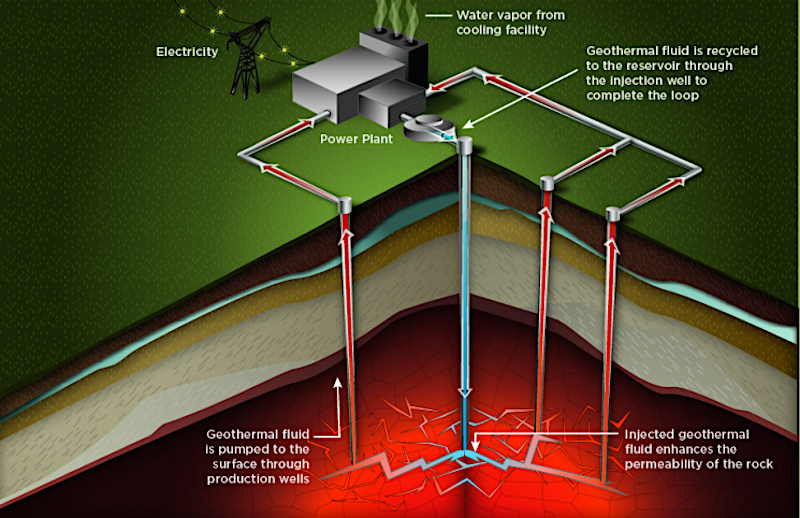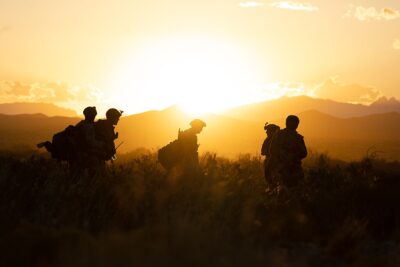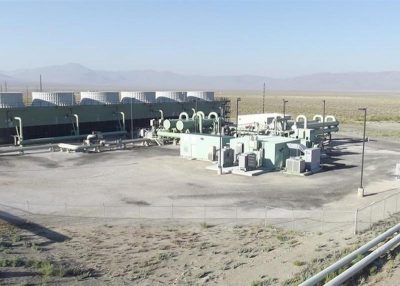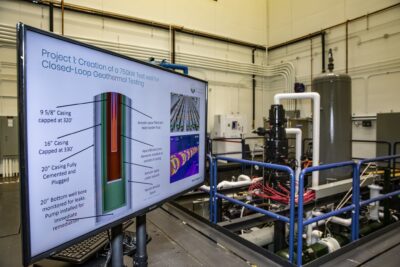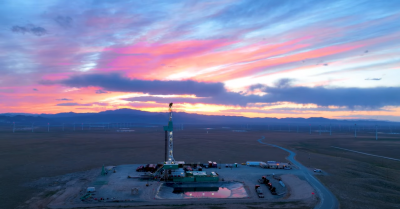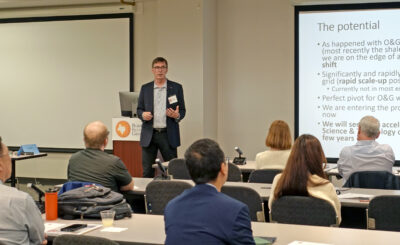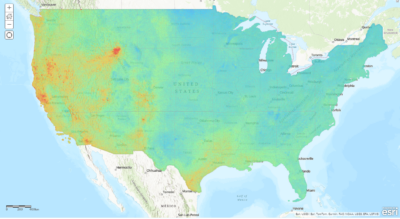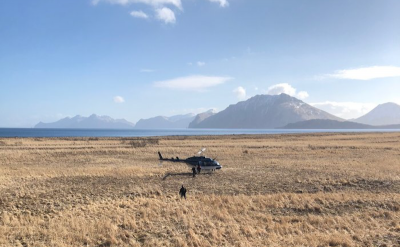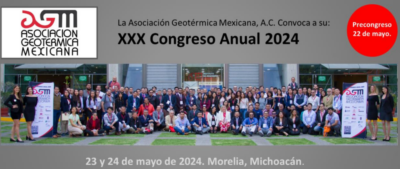NREL publishes new analysis quantifying EGS potential
The NREL has published an analysis of the potential of EGS projects in support of the Enhanced Geothermal Shot initiative of the U.S. Department of Energy.
The National Renewable Energy Laboratory (NREL) has published a new analysis that quantifies the potential of Enhanced Geothermal Systems (EGS). The document is supplementary to the Enhanced Geothermal Shot, a part of the U.S. Department of Energy’s Energy Earthshots Initiative which targets the remaining solution points of the most challenging technical problems of the energy economy.
The document detailing the analysis done by NREL can be accessed via this link.
Among the conclusions resulting from the analysis is that the goal of the Enhanced Geothermal Shot – to cut the cost of EGS deployment by 90% to USD 45 per MWh by 2035 – is ambitious but achievable.
Many aspects of the new Enhanced Geothermal Shot analysis are based on technology assumptions made in the GeoVision report published by the Geothermal Technologies Office (GTO) back in 2019. However, some of the technology cost and performance assumptions were updated based on recent technology advances, notably the higher rate of penetration (ROP) achieved in the Utah FORGE project and more recent data on geothermal well flowrates.
Forecasted cost reductions were applied to different stages of development, as seen in the graph below. Key considerations include a 20% cost reduction in drilling, higher flowrates in EGS wells, and higher power plant capacities given the possible extent of EGS resources.
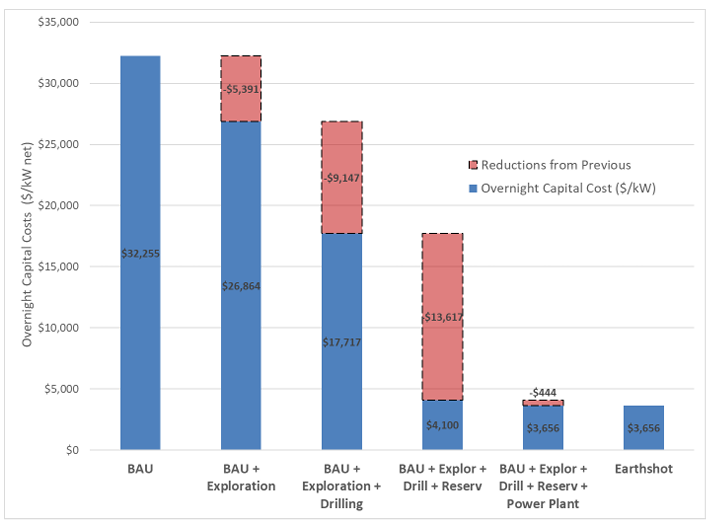
Recently, the U.S. DOE announced funding of USD 200 million for the Energy Earthshot Research Centers (EERC), including the three projects under the Enhanced Geothermal Shot. Proposals for the Enhanced Geothermal Shot are currently being accepted until 31 May 2023.
Source: U.S. Department of Energy
